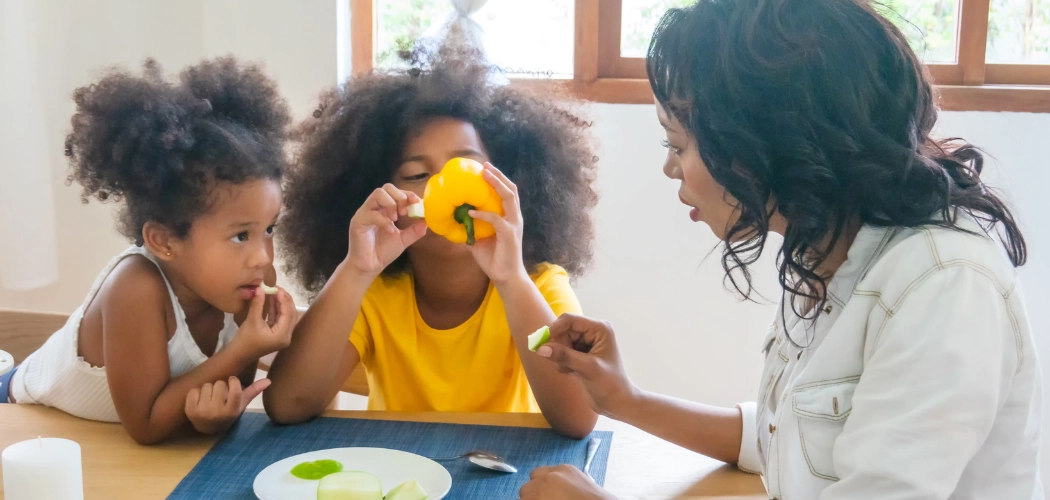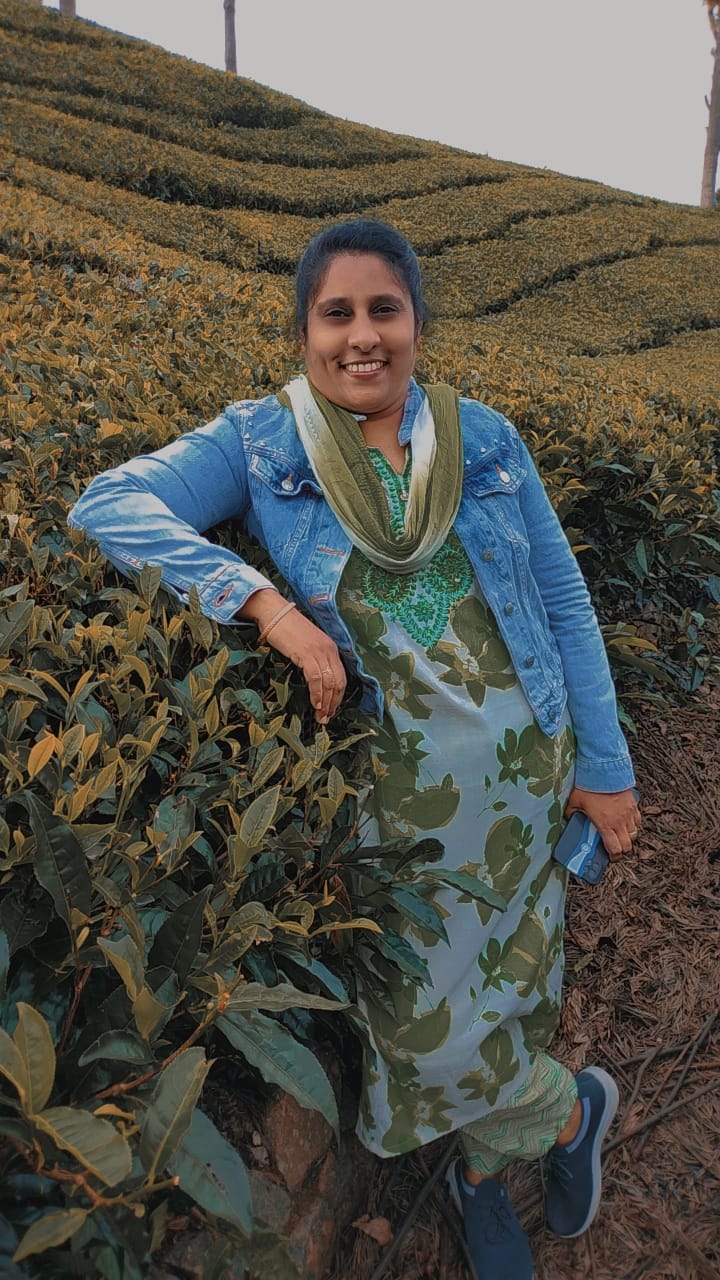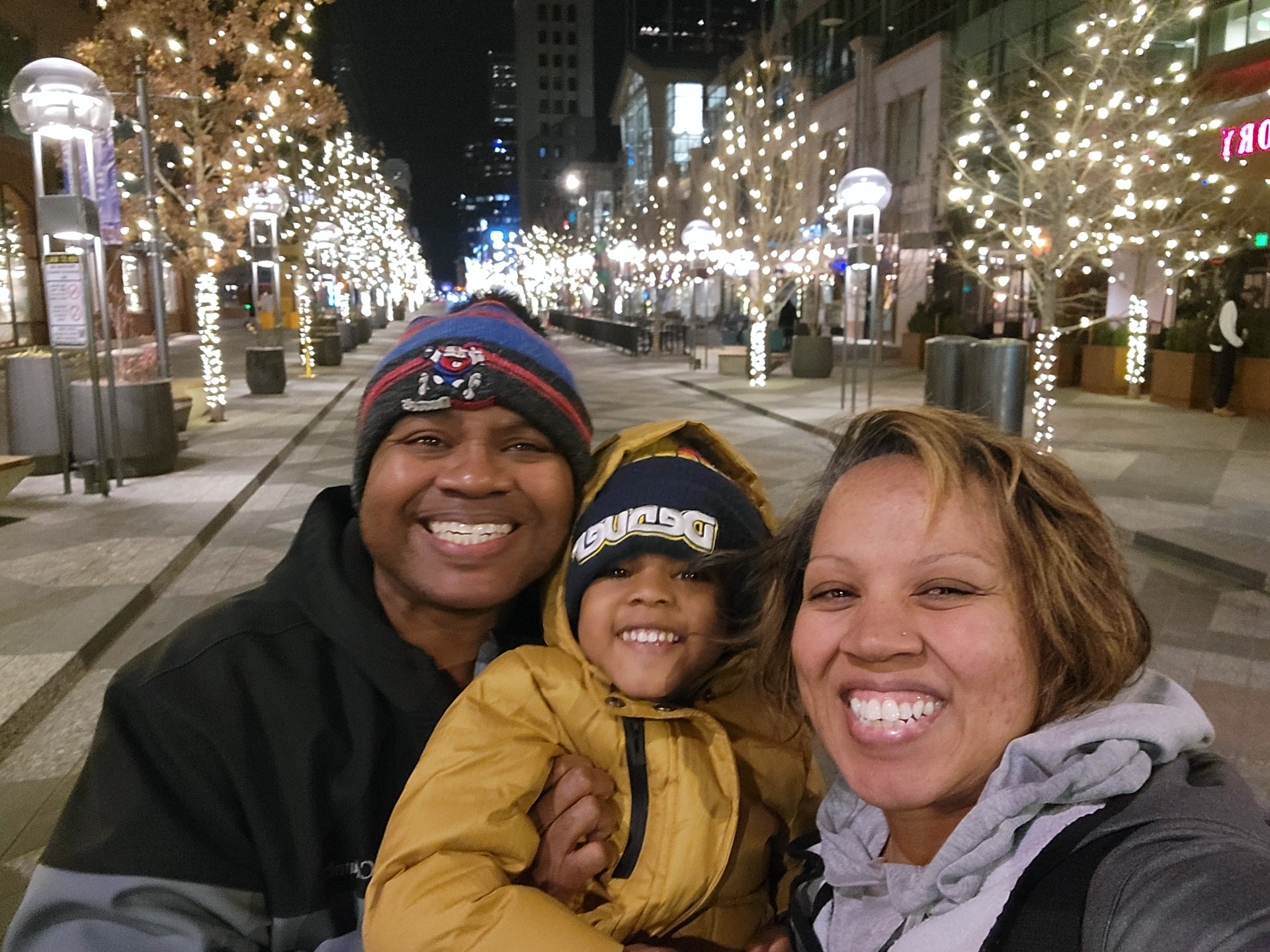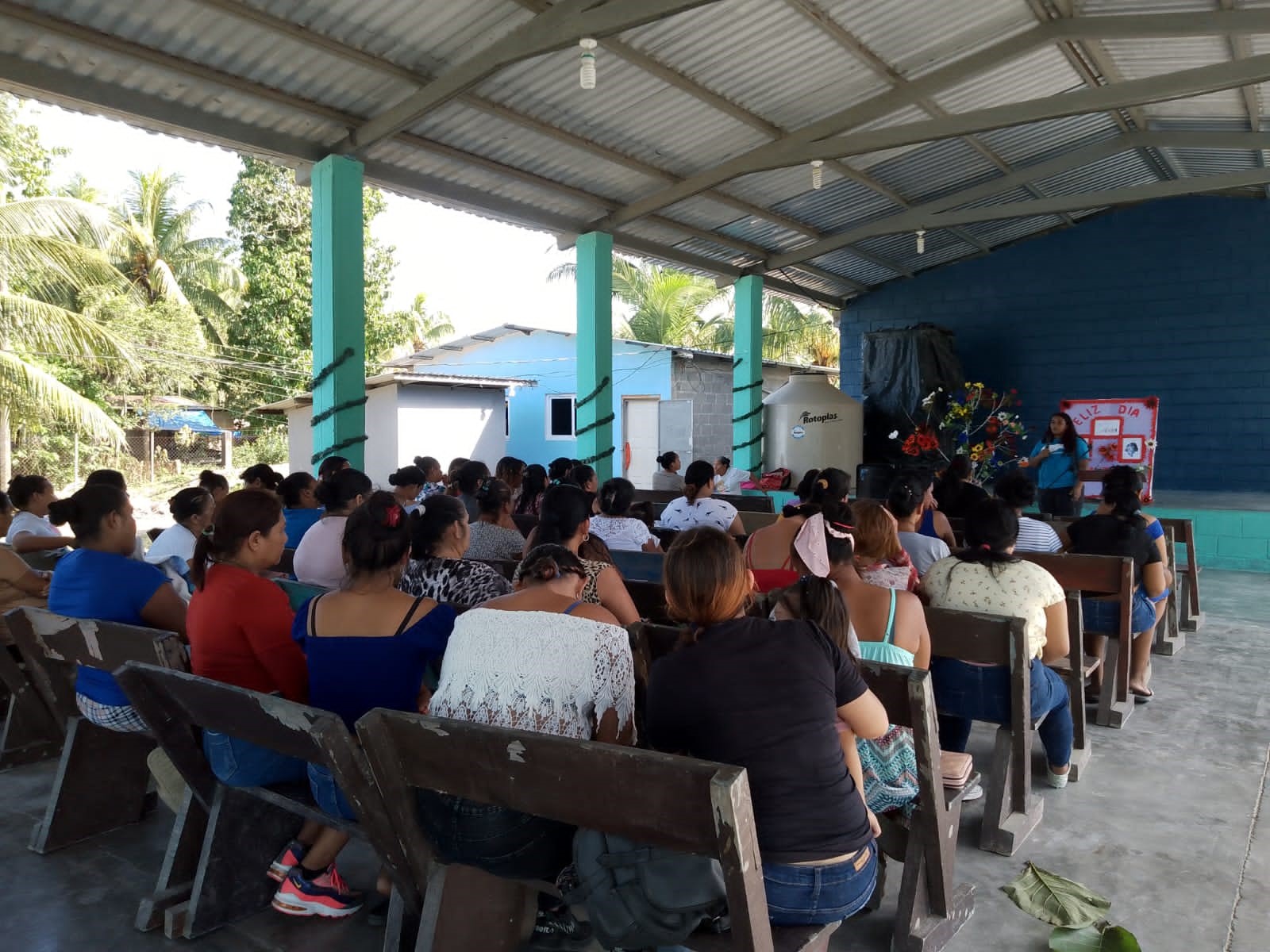Over the summer we were at a family gathering halfway across the country. It was a lot of catching up and conversation about education came up. A cousin asked if ours was a good school and I hesitated. Yes, our school is an incredible school! We love it and our teachers. My daughter is thriving and her curiosity is encouraged. But it’s also a school that recently went on academic probation. Our test scores are low, mostly due to the fact that we have a large immigrant and refugee population – one of the things that drew us to our neighborhood. I laughed and said, “Good is such a relative marker.“
We went on to talk about the point of education. Is it to ensure our first graders are constantly challenged or is it to build empathy? Is it to check off a list of skills our kids need to know or is it to learn to be in community, to love our neighbors? For our family, we knew we could fill in any academic gaps that may arise on our own. But it would be much harder to expose our kids to families whose values, economic capabilities, and cultural backgrounds are different from our own.
When we moved to our neighborhood, our oldest was two years old – not even in preschool yet. We knew we were moving into one of the most diverse neighborhoods in our state and also into a highly respected school district. When we walked to our neighborhood school, just a block away, on the weekends to play, we were greeted with an enormous sign, announcing its status as a “Blue Ribbon School of Excellence.”
Before having kids, I earned a master’s degree in urban education and taught for seven years at a charter school. I had studied the positive impacts of investing in neighborhood education while also working with families who had decided to choice into a different school. I enjoyed my time at a charter school, mostly because my grade level teammate was an incredible teacher. I knew the gift of working with her wouldn’t come often. Our school was a good fit for a lot of families but teaching at a charter was a reminder that there were excellent teachers there and there were people who would probably thrive in a different profession. The curriculum was good but not great. There were highly involved families and families who outsourced a lot of responsibility to the school. What I’m saying is, charter schools are not a magic cure. They have pros and cons, just like public schools.
As attendance to neighborhood public schools dwindles nationwide, my husband and I believed we were brought to our particular neighborhood for a reason. A natural outgrowth of that was to send our children to the school closest to us, where we could walk and meet other families in our area. Going to our local public school was the perfect opportunity to live out one of the Bible’s greatest commands: To love our neighbor.
Our dreams were realized at our school. Our daughter has had absolutely incredible teachers who love her and have poured into her curiosity. She has interacted with students from all over the world – over 40 cultures are represented. Just like my experience as a teacher, there are families who are highly involved and families who outsource responsibility to the school system. And they aren’t always the families you would expect.
Last year, our school went on academic probation. My husband asked if this impacted my love for our community and honestly, it made me value our school even more. When I volunteer in my daughter’s classroom each week, I see teachers who are highly committed to each and every student. When I spend each Wednesday morning teaching English to our immigrant parents, I see moms who are working hard to give their children the best opportunities. I love knowing I am raising my kids among these incredible families, regardless of what a test score shows.
I know school choice is a complex issue. There are as many reasons for choosing a school as there are schools and students. We all want what’s best for our kids. We have close friends who send their daughter to a private school that represents their minority religion and other friends who have chosen a charter school that offers Spanish immersion. We have friends who are as in love with and committed to their neighborhood schools as we are and we have friends who have chosen other options based on a variety of other needs.
As your kids enter school, I’d encourage you to ask: What motivates your school choice? Is it what’s truly best for your child and your neighbors? Is it motivated by fear of the unknown? Lean into where God has planted your family – perhaps there’s a reason … I know I have seen God at work in unexpected ways, right here at our neighborhood school and I am thankful I was here to witness it.
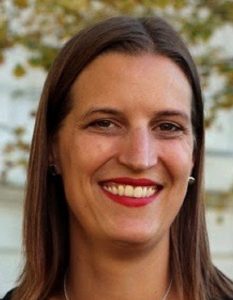 Annie Rim lives in Colorado where she plays with her two inquisitive daughters, hikes with her husband, and writes about life and faith on her blog: annierim.com. She has taught in the classroom, at an art museum, and now in the playroom. She’s a contributor at The MOPS Blog, the editor for The Red Couch Book Club at SheLoves Magazine, and naptime scribbler.
Annie Rim lives in Colorado where she plays with her two inquisitive daughters, hikes with her husband, and writes about life and faith on her blog: annierim.com. She has taught in the classroom, at an art museum, and now in the playroom. She’s a contributor at The MOPS Blog, the editor for The Red Couch Book Club at SheLoves Magazine, and naptime scribbler.

